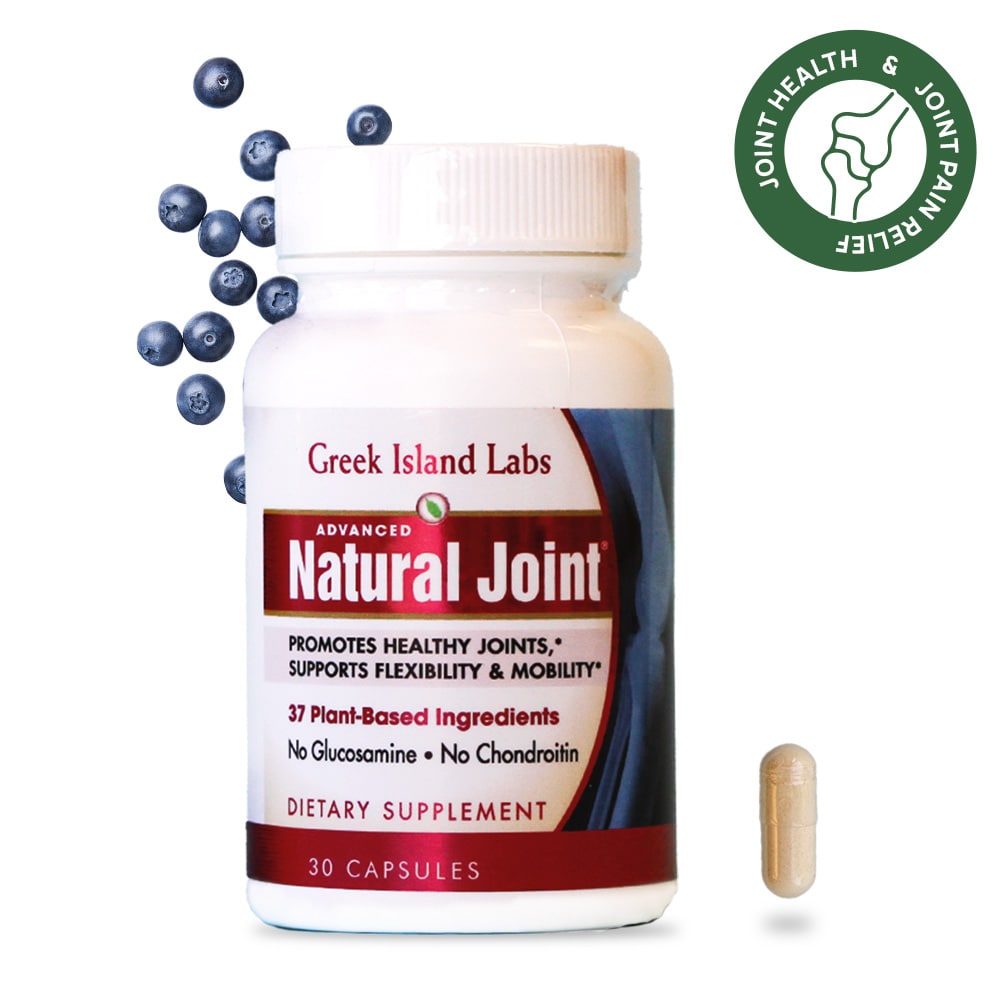
What the Heck's a DEXA?!
Share
As we age, maintaining strong and healthy bones becomes increasingly important. Bone health is not something we often think about until it becomes a concern, but taking proactive steps to improve and maintain bone density can significantly impact our quality of life as we grow older. One essential tool in assessing bone health is the DEXA scan.
What is a DEXA Scan? 
Dual-energy X-ray absorptiometry (DEXA) is a specialized imaging technique that measures bone mineral density (BMD). It is a painless and non-invasive procedure that uses low-level X-rays to assess the strength and density of your bones. The results are typically presented as a T-score, which compares your bone density to that of a young adult of the same sex.
Understanding your bone density is crucial because it can help you identify your risk of osteopenia and osteoporosis, conditions characterized by weakened bones. Early detection of low bone density allows for timely intervention and lifestyle changes that can improve bone health and reduce the risk of fractures.
Bone Health and Aging
 Bone health is an integral part of overall well-being, and it's something that naturally deteriorates with age. As we grow older, our bones tend to lose density and become more fragile. This process is particularly significant for adults aged 45 to 75, as they are more prone to bone-related issues. Some of the key reasons for this age-related decline in bone health include:
Bone health is an integral part of overall well-being, and it's something that naturally deteriorates with age. As we grow older, our bones tend to lose density and become more fragile. This process is particularly significant for adults aged 45 to 75, as they are more prone to bone-related issues. Some of the key reasons for this age-related decline in bone health include:
- Hormonal Changes: Women experience a decrease in estrogen levels during menopause, which can accelerate bone loss.
- Reduced Physical Activity: Many people become less active as they age, leading to muscle weakening and bone density reduction.
- Dietary Factors: Inadequate calcium and vitamin D intake can contribute to decreased bone density.
- Medications: Certain medications, such as corticosteroids and antacids, can negatively impact bone health over time.
Improving Bone Density
Now that we understand some of the factors affecting bone density let's explore how to improve it. Improving bone density and overall bone health is possible through a combination of lifestyle changes, nutrition, exercise, and sometimes medication or supplements.
Exercise and Physical Activity
- Weight-Bearing Exercises: Engage in activities like walking, jogging, dancing, or hiking to strengthen bones and muscles.
- Strength Training: Incorporate resistance training into your routine using weights, resistance bands, or body weight exercises to build bone density.
-
Balance and Flexibility Exercises: Activities like yoga and tai chi can improve balance and reduce the risk of falls and fractures.

Medications and Supplements
- Prescription Medications: If you have osteoporosis or a high fracture risk, your doctor may prescribe medications like bisphosphonates or hormone therapy.
-
Calcium and Vitamin D Supplements: If you have a deficiency, your healthcare provider may recommend supplements.

- Joint/Muscle Pain Supplements: It's hard to add weight-bearing exercises and strength training to your routine when your muscles and joints are causing you pain. Adding a 100% organic supplement like Greek Island Labs Natural Joint to your daily routine can help you get active by supporting healthy muscle and joint functions.
Lifestyle Choices
- Quit Smoking: Smoking can weaken bones, so quitting is essential for bone health.
- Limit Alcohol: Excessive alcohol consumption can negatively impact bone density, so moderation is key.
- Fall Prevention: Take steps to prevent falls, such as removing tripping hazards at home and wearing appropriate footwear.
Conclusion
Taking care of your bone health is a crucial aspect of aging gracefully and maintaining a high quality of life. DEXA scans play a pivotal role in assessing your bone density and risk of fractures. By understanding the factors that affect bone density and implementing lifestyle changes such as a balanced diet, regular exercise, and proper medical guidance, you can improve your bone health and reduce the risk of osteoporosis and fractures as you age. Remember that it's never too late to start taking proactive steps towards better bone health, and discussing your concerns with a healthcare provider is the first important step in this journey.
